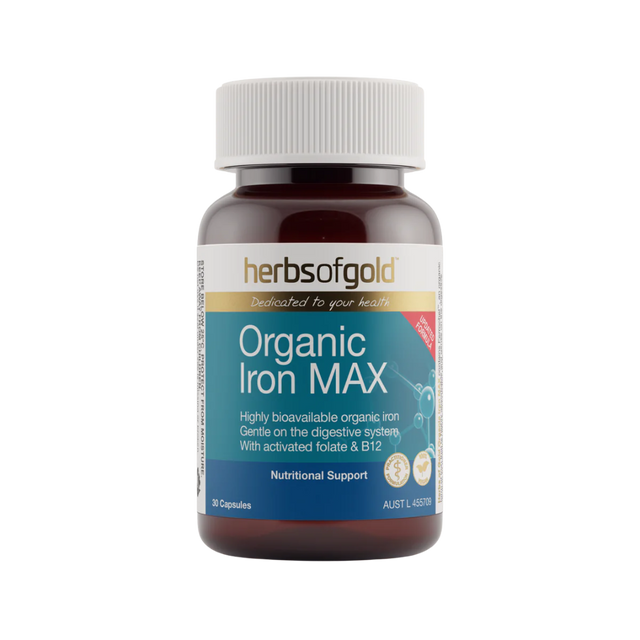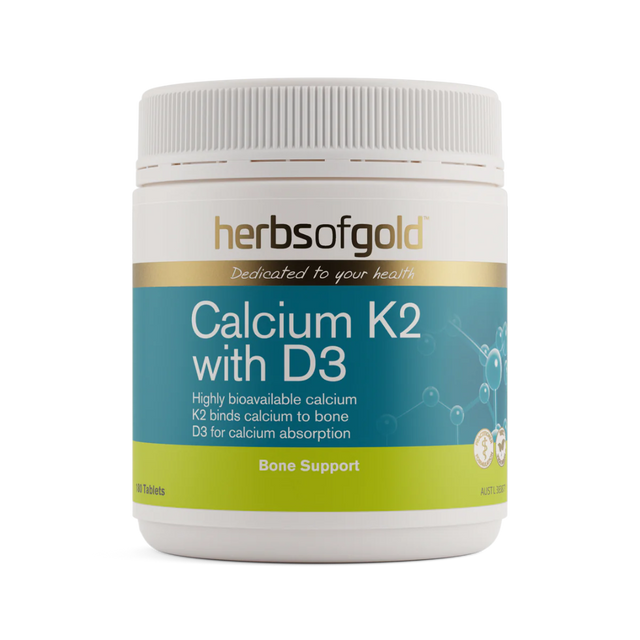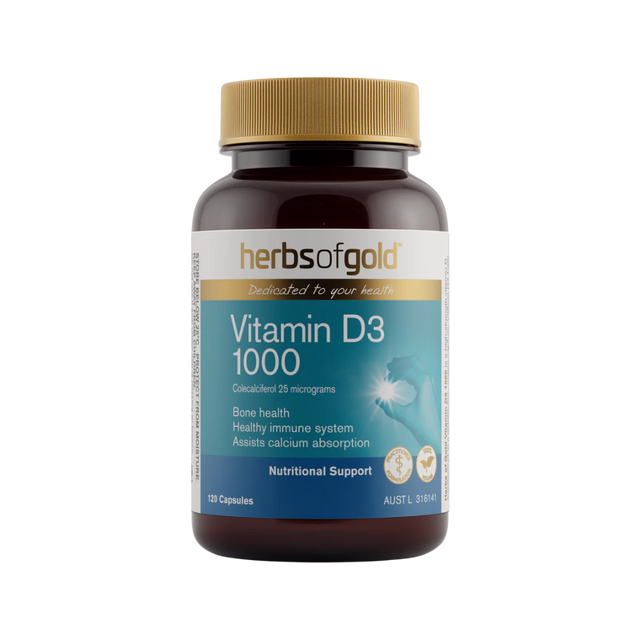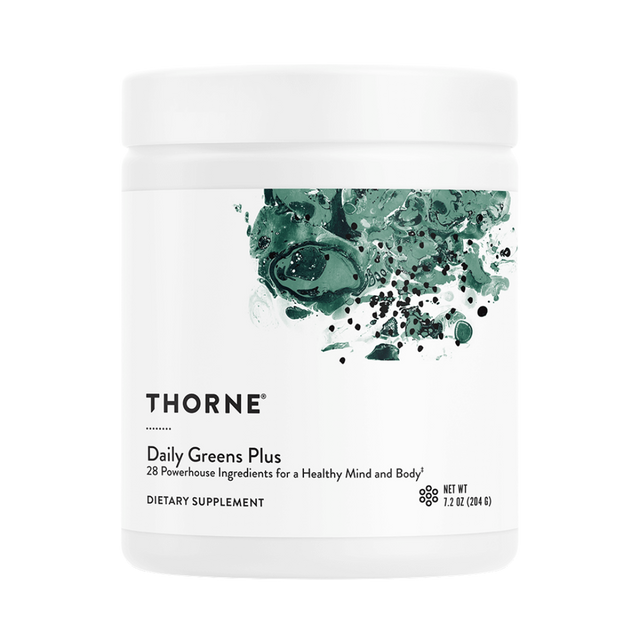Iron & Vitamin D Deficiency In Athletes
Did you know up to 35% of athletes are iron deficient and up to half struggle with low vitamin D levels? These common nutrient gaps could be holding back your endurance performance and fixing them might be the game-changer you didn’t know you needed.
Why are Iron and Vitamin D so Important in Athletes?
Iron and Vitamin D are critical nutrients for athletes as they directly impact performance, recovery, and overall health. Athletes are at a greater risk of deficiency due to;
→ Increased losses through sweat, foot strike and gastrointestinal bleeding (5,6,7).
→ Increased requirement due to higher red blood cell turnover, muscle growth & repair and exercise-induced inflammation that increases hepcidin, a hormone that blocks iron absorption (8).
Let’s explore each one in more detail.
Iron
→ Iron is essential for oxygen transport and energy production. Low levels can lead to fatigue, impaired performance, and slower recovery (1).
→ Iron deficiency affects approximately 15-35% of athletes, significantly higher than the general population where it sits around 5%, with women making up the majority of cases (1,3,4)
Vit D
→ Vitamin D supports bone health, immune function, and muscle performance, with deficiency linked to reduced endurance and increased illness risk in athletes (2).
→30-56% of athletes have vitamin D inadequacy, with higher risks in winter, indoor sports or athletes training at altitudes (5).
→ Vitamin D deficiency impairs muscle repair, bone health, and may affect VO₂ max in athletes (6,7).
What Roles do Iron and Vitamin D Have in the Body?
Iron
→ Carries oxygen in the blood via hemoglobin
→ Supports energy production in muscles
→ Aids brain function and concentration
→ Supports immune health (1,2,3)
Vitamin D
→ Helps absorb calcium for strong bones
→ Supports muscle strength and function
→ Regulates immune system
→ May influence mood and hormone balance (4)
Foods That Contain Iron and Vitamin D
Iron Rich Foods
→ Red meat
→ Poultry (chicken, turkey)
→ Fish and shellfish (oysters, clams, sardines)
→ Legumes (lentils, chickpeas, beans)
→ Tofu and tempeh
→ Dark leafy greens
→ Nuts and seeds
→ Iron-fortified cereals and breads
Vitamin D Rich Foods
→ Fatty fish (salmon, mackerel, sardines, tuna)
→ Cod liver oil
→ Egg yolks
→ Fortified dairy (milk, yogurt, cheese) and plant-based milks (soy, almond)
→ Fortified cereals
Should I Supplement with Iron or Vitamin D?
Endurance athletes are often low in iron and vitamin D, which can impact recovery, energy and performance. Research shows that correcting low vitamin D even with just 3 weeks of supplementation can reduce markers of muscle damage and inflammation post-run, while adequate iron supports oxygen transport (8).
Supplementation can help but should only be used if blood tests show a deficiency.
Supplements that Contain Iron and Vitamin D at Aid Station:
→ Herbs of Gold Organic Iron MAX
→ Herbs of Gold Calcium K2 with D3
→ Herbs of Gold Vitamin D3 1000
Take Home Points
→ Athletes should test serum 25(OH)D, especially in winter or when training indoors.
→ Aim for ≥75nmol/L (30ng/mL) for optimal performance and recovery.
→ Supplement with 1,000-2,000 IU of vitamin D₃ during low sunlight months if blood test confirms deficiency.
→ Supplementation should be monitored via a medical practitioner.
Ash Miller
Dietitian and Nutritionist (Masters)
Bachelor of Physical and Health Education
Instagram: @ashthomo_nutrition
Disclaimer:
The content in this blog is for general information only and is not a substitute for professional medical advice, diagnosis, or treatment. Always speak with your doctor or allied health team before changing your diet, exercise, or taking supplements, especially if you have a health condition or take medication. Please use this information as a guide only. Aid Station doesn't take responsibility for individual outcomes.
References:
-
Sim M, Garvican-Lewis LA, Cox GR, et al. Iron considerations for the athlete: a narrative review. Eur J Appl Physiol. 2019;119(7):1463–1478. doi: 10.1007/s00421-019-04157-y
Owens DJ, Allison R, Close GL. Vitamin D and the athlete: current perspectives and new challenges. Sports Med. 2018;48(Suppl 1):3–16. doi: 10.1007/s40279-017-0841-9 -
Petkus DL, Murray-Kolb LE, Greecher CP, Mastro AM, De Souza MJ. Iron status and inflammation during short-term energy deprivation in physically active women. Int J Sport Nutr Exerc Metab. 2020;30(2):119-128. doi:10.1123/ijsnem.2019-0077. [PMID: 31709884]
-
Peeling P, Sim M, Badenhorst CE, Dawson B, Govus A, Abbiss CR, Trinder D. Iron Status and the Acute Post-Exercise Hepcidin Response in Athletes. Eur J Appl Physiol. 2014;114(6):1095-1105. doi:10.1007/s00421-014-2834-2. [PMID: 24553764]
-
Farrokhyar F, Tabasinejad R, Dao D, et al. Prevalence of Vitamin D inadequacy in athletes: a systematic-review and meta-analysis. Br J Sports Med. 2014;48(4):213–218. doi:10.1136/bjsports-2012-091373. [PMID: 23847277]
-
Lee JA, Jones LP, Smith RM. Sweat iron concentration and total iron loss in athletes exercising in heat. Am J Clin Nutr. 2020;112(4):897-903. doi:10.1093/ajcn/nqaa123.
-
Smith DR, Brown MC, Thompson PJ. Foot-strike hemolysis as a contributor to exercise-induced anemia in long-distance runners: a systematic review. J Sports Med Phys Fitness. 2021;61(3):365-373. doi:10.23736/S0022-4707.20.10956-7.
-
Sonnenberg, A., & Genta, R. M. (2018). Gastrointestinal bleeding during and after exercise: A review. World Journal of Gastroenterology, 24(45), 5006–5018.
-
Peeling P, Blee T, Goodman C, Dawson B, Claydon G, Beilby J, et al. Effects of exercise on hepcidin response and iron metabolism in female runners. Clin J Sport Med. 2009 Nov;19(6):491-7. doi: 10.1097/JSM.0b013e3181bdc2d1. PMID: 19841523.
-
de la Puente Yagüe M, Collado-Yurrita L, Ciudad-Cabañas MJ, Cuadrado-Cenzual MA. Role of Vitamin D in Athletes and Their Performance: Current Concepts and New Trends. Nutrients. 2020 Feb 21;12(2):579. doi:10.3390/nu12020579. PMID: 32078809
-
de la Puente Yagüe et al., 2020. Role of Vitamin D in Athletes and Their Performance: Current Concepts and New Trends. Nutrients. 2020;12(2):579. doi:10.3390/nu12020579. PMID: 32078809
-
Marques et al., 2020. The effect of vitamin D supplementation on post-exercise biomarkers in endurance-trained runners. J Int Soc Sports Nutr. 2020;17:45. doi:10.1186/s12970-020-00347-8.PMID: 32609578
-
Żebrowska, A., Sadowska-Krępa, E., Stanula, A. et al. The effect of vitamin D supplementation on serum total 25(OH) levels and biochemical markers of skeletal muscles in runners. J Int Soc Sports Nutr 17, 18 (2020). https://doi.org/10.1186/s12970-020-00347-8














